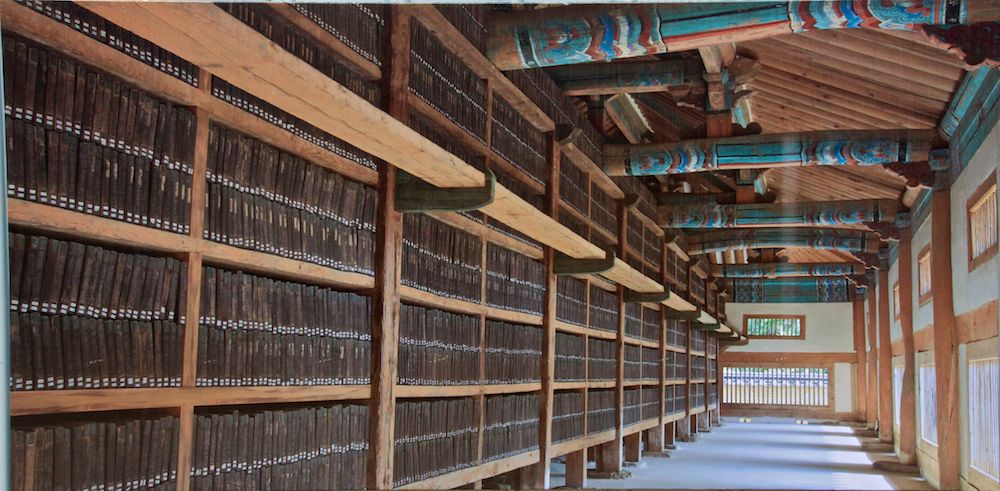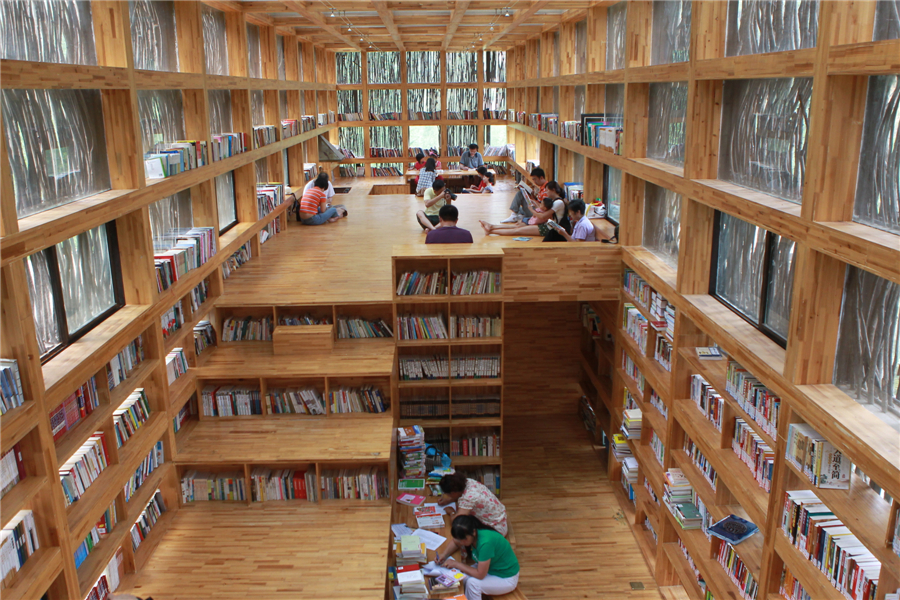You can imagine the rattle of adrenaline through my veins. But I've learnt that in these situations a rant doesn't help matters. You have to go straight to the point.
"But how will you create readers," I asked, "Without libraries?"
"You can learn to read online," he suggested, clearly not having thought this through. But he's not alone in not having thought this through.
We're not winning the war to keep libraries (both public and school) valued and funded. We’re winning some battles but the enemy keeps popping up elsewhere, just as strong, blinkered and ignorant as before. We’re not winning it because of a fundamental misunderstanding by far too many people of what all libraries do. And what they do that nothing else can do, least of all the Internet. Unfortunately, many of these people are our elected politicians, entrusted with the education of our children and claiming to want a “fairer” society.
Libraries – and, crucially, their trained librarians – create readers. It’s that simple. Without the libraries you used as a young child, you would not be the reader you are now. I doubt any of us became a reader simply through the books our parents bought – even wealthy families wouldn’t choose to buy the quantity of books needed to feed a young reader. Young readers need, as James Patterson said recently, to be “inundated with books”, so they can find ones they like.
Liking books is not optional: it’s essential, if the child is to undertake the thousands of hours of practice necessary for the complicated process of becoming a reader. Teachers and parents, in different ways, teach children to read but that’s only the start of building a reader. Books do the rest and librarians curate the flood of books so that the child becomes a strong swimmer in ever deeper waters.
But that’s public libraries. What about school libraries? Why do we need those, too? Well, many families don’t use public libraries and, remember, we want a fairer society, where everyone can become a reader with a wide mind and big horizons, not just children with socioeconomic advantages. School librarians view each child, from whatever type of reading background or none, as a child who can, with help, have a richer reading life. They know better than anyone the full range of books, modern and classic, and how to make it enticing.
Too many elected politicians don’t understand any of this. Some, like the man I spoke to, believe libraries aren’t necessary because “It’s all on the Internet”. Oh yes, “it” is all on the Internet – all the words and knowledge you want, poems and stories, gems and sludge, recipes for bombes and bombs, facts and falsity, it’s all out there. And you can access it all (or the parts that Google throws to the top of the search results) and sift through it (eventually) and make good decisions about it (I hope) because you are readers. You are readers because as children you were inundated with books.
If politicians know this and still consider cutting funding, they must explain how they will create a fairer society when only the privileged can become real readers. Because that is what will happen where school library services are cut. Families who can afford to will fill the gap: they will buy as many books as they can and their children will have no limits to achievement. The children of other families will learn to read at school (I hope) but, lacking the necessary flood of book choice, will not become proficient enough to read widely for pleasure and so they will read much less. That would be fine if it was their choice. But they would have no choice.
Please help us win this war. CWIG (the Children's Writers and Illustrators Group of The Society of Authors) keeps fighting these battles, and so do loads of authors (particularly children's ones) such as Alan Gibbons, Cathy Cassidy and Malorie Blackman, and many ABBA bloggers and readers. But we need everyone to help spread the message that without a properly funded school library service and a dedicated librarian in every school, we cannot offer every child the power of reading. And without that, it’s just not a fair society.
Libraries are how people become readers.
Adapted from a piece for the Society of Authors in Scotland newsletter.
Nicola Morgan is on the committee of CWIG, the Society of Authors’ Children’s Writers and Illustrators Group and is a former chair of the SOAIS. She is an Ambassador for Dyslexia Scotland and a specialist in adolescence, the science of reading and reading for pleasure. The Teenage Guide to Stress advocates reading for pleasure as a valuable anti-stress strategy.





















